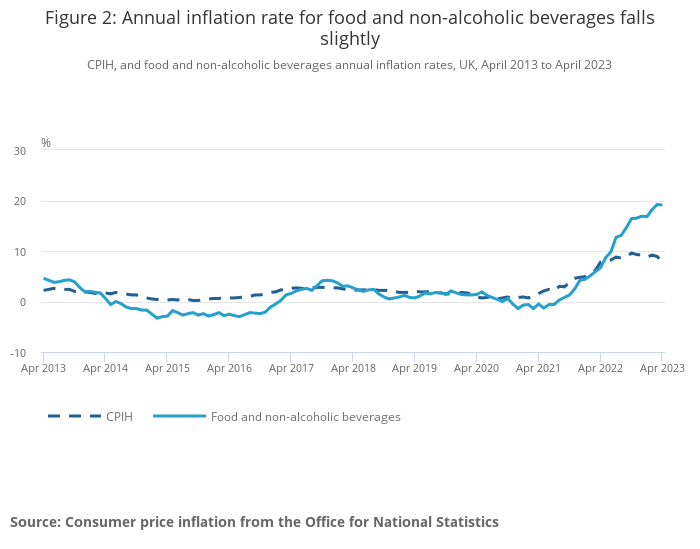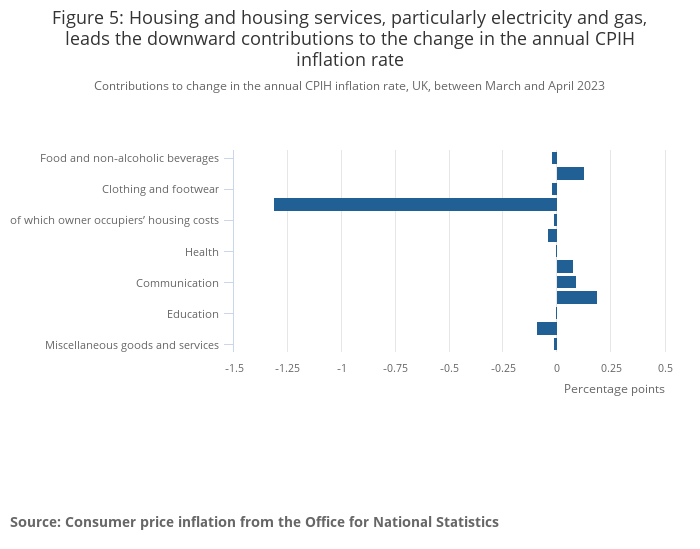Going abroad? Prepare and secure your home and vehicles
Going abroad? Secure your home and vehicles
It’s holiday season! Perhaps you’re one of the lucky Brits escaping the UK for a getaway abroad this summer. There is always plenty to think about – getting your passport ready, making sure the weight of your luggage is below the allowance, packing the essentials. But one thing we may often neglect to think about is whether your home and vehicles are safe when you are hundreds of miles away.
You want to be able to focus on soaking up the sun and going for leisurely sea swims. A sure way to ruin your tranquillity is to find out something has happened whilst you are away. A great way to keep anxiety and stress at bay is to ensure you have left your home and car in a safe position.
According to experts at A-Plan Insurance, here are the top tips to plan for the safety of your home and vehicles this summer.
Home preparation

Clean your home
It may seem impossible to keep your home tidy in the run-up to your holiday. However, doing little and often can help with the stress of this. Clean one or two rooms a day in the week leading up to your holiday. Hoover, disinfect and tidy each room. Why do this, you may ask? Well, there is nothing more stressful than coming back to a messy house. That’s one way to shatter the post-holiday haze.
Ask the kids to help by getting them to tidy their own spaces. Perhaps you could reward them with a little holiday spending money, or an ice cream on the beach whilst you are away.
Utilities and appliances
Make sure you unplug all unnecessary appliances. Not only will this save you on your energy bills, but you reduce the risk of electrical fires or trips. This will keep your mind at ease whilst you are away.
Switch off your water. New homes may be less likely to have leaky taps, but it’s a good idea to turn off the water system in your home when you go away. Not only will it reduce the chance of leaking or floods, but it’ll save you money.
Check your boiler, too. You may not be keen to turn it off completely but see if there is a holiday mode setting on your boiler. Many new boilers have this function. If not, ensure your heating is turned off to save money.
Sort your food
The kitchen is the heart of the home and leaving it clean and prepared for your return will be a godsend when you arrive home shattered after hours of travel. You’ll thank yourself in the long run, even if it is a huge chore.
Firstly, empty out your fridge. Coming home to a fridge full of mould and foul smells is enough to ruin anyone’s mood. Throw out or give away food set to go off when you are away or put anything you want to keep in the freezer for your return.
You may be too exhausted post-holiday to go shopping for a few days – so stock your freezer with a ready meal or two or prepare some meals to freeze for when you are back. Get some snacks for the cupboards and a carton of long-life milk for that all-important cuppa.
Schedule a food shop to arrive when you are back. You’ll have more time to unpack, reset, do the dreaded holiday laundry and prepare for work. Even if it’s not your usual preference, you will likely thank yourself for thinking ahead, especially with the kids whinging they are hungry, and you have an empty fridge.
Maintenance
Ensuring your home is as secure as possible will deter burglars. Making a property almost impossible to get into means you’re less likely to come home to a break-in. It’s also beneficial to stage your home, making it look occupied and as if someone is home.
If you have a garden, mow your lawn before you go away. Overgrown grass is an indicator your home could be empty, so make sure the grass, particularly any at the front of the house, is given a chop.
Turn off any outdoor lights. Outside lights that are left on all day may arouse suspicion as to whether your property is vacant.
A build-up of post could also indicate an empty home. Make sure your post box is empty before you leave or ensure the state of your mailbox is not visible through any windows. If you are expecting any deliveries, divert them to a neighbour, or cancel them until you are back. Don’t leave a note on your front door telling the delivery men you are away and to leave with a neighbour!
Set your alarms before leaving, lock all your doors and hide any valuables from the sight of windows. Secure your outbuildings too, lock sheds and secure garages. Keep any tools locked away safely – anything left out could be used to break in.
Vehicle preparation

- Apply a steering wheel lock: This method of protection against vehicle theft is one of the easiest and cheapest ways to avoid this crime. They offer an obvious deterrent to any thief and a locking system that prevents the turning of the wheel, which means if they do manage to get into your car to steal it, they won’t get far.
- GPS Tracker: A tracker is a great way to ensure you know your vehicle’s whereabouts at any time. They can connect to your smartphone, making it super accessible to view while you are sitting at the beach.
- Wheel clamp: Another visual deterrent that will prevent your car from going anywhere is a wheel clamp. It will also put off any chancing thief as it would take a long time for them to try and remove it, posing more risk of being seen or stopped by neighbours and passers-by.
- Key signal blocker: One of the most common ways vehicles are stolen is by duplicating and cloning the signal from your key fob. To reduce this risk, you can purchase a key signal blocker lined with special isolation that prevents the frequency of your key from being duplicated, reducing the risk of your vehicle being stolen.
The post Going abroad? Prepare and secure your home and vehicles appeared first on MoneyMagpie.
Labels: News











